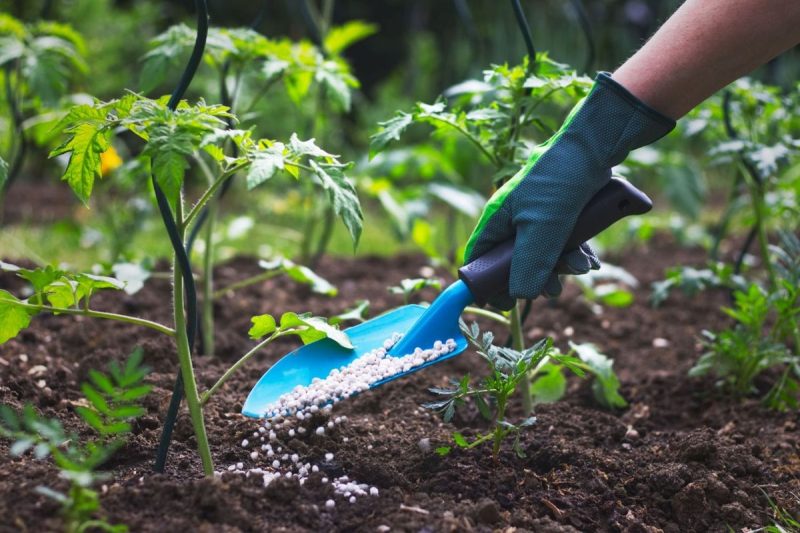
Potash vs. Phosphate: Decoding Fertilizer Secrets (2024 Edition)
Fertilizers: The Difference Between Potash and Phosphate
Potash and phosphate are essential elements in the field of agriculture, playing a vital role in the growth and development of plants. Despite both being crucial components of fertilizers, there are distinct differences between them that influence their specific uses and benefits in agriculture.
Potash, also known as potassium carbonate or potassium salt, is a key nutrient necessary for plant growth. It aids in increasing the resilience of plants to diseases, drought, and other environmental stresses. Potash is crucial for promoting healthy root development and enhancing the overall quality of crops. Additionally, it plays a significant role in the process of photosynthesis, helping plants convert light into energy more efficiently. Due to its various benefits, potash is commonly used in fertilizers to supplement potassium levels in the soil and support optimal plant growth.
Phosphate, on the other hand, is a vital nutrient that plants need for various physiological processes, such as energy transfer, cell division, and root development. Phosphate is essential for promoting strong root systems and improving the overall structure and quality of crops. It aids in the efficient uptake of other nutrients, such as nitrogen, and enhances the overall health and productivity of plants. Phosphate-based fertilizers are widely used to replenish soil with this essential nutrient, ensuring that plants receive an adequate supply for their growth and development.
One key difference between potash and phosphate lies in their elemental composition. Potash primarily consists of potassium, whereas phosphate is composed of phosphorus. While both elements are crucial for plant growth, they serve different functions and play distinct roles in supporting plant health.
In terms of application, potash and phosphate fertilizers are used based on the specific nutrient requirements of different crops and soils. Crops with a higher demand for potassium, such as fruits and vegetables, benefit more from potash-based fertilizers. On the other hand, crops that require more phosphorus, like legumes and root vegetables, are better suited for phosphate-based fertilizers.
It is essential for farmers and agricultural professionals to understand the differences between potash and phosphate and their respective roles in plant nutrition. By utilizing the right balance of these essential nutrients, farmers can optimize crop yield, quality, and resilience to environmental stresses. Proper soil testing and nutrient analysis can help determine the appropriate application of potash and phosphate fertilizers to ensure healthy plant growth and sustainable agriculture practices.
